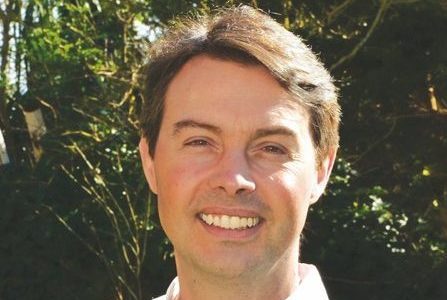
Interview with Dr Nicolas Homehr, President of CPTS of South Toulouse, Expert in Digital Health




90% of elderly people want to grow old at home, and this is a major challenge, as homes are often no longer suitable for elderly people who are losing their independence.
Based on artificial intelligence, the Otono-me solutions for private homes and residential institutions for elderly dependent people (Ehpad), i.e. Nursing homes, help to overcome the isolation of the elderly during quarantine and to take over from caregivers.
In the current crisis, Telegrafik chooses to offer the Otono-me box to its new customers. The start-up has just announced that they have fund raised a 1 million euros to speed up its development. Telegrafik ensures the continuity of its services to install new devices at its customers’ premises, while respecting barrier gestures.
“Our Otono-me system is proving to be a real alternative at a time where people are even more isolated than usual and where the amount of staff in healthcare institutions is often reduced.” , says Carole Zisa-Garat, founder of Telegrafik. “They allow us to watch over dependent people from a distance. “
Based on advanced algorithms, the Otono-me device installed in the living area allows the detection of any anomaly which reassures the family and sends alerts when intervention is necessary. A solution that, among other things, fosters support for elderly people at home, in the current context of nursing homes often finding themselves in a fragile state.
In the same way, Otono-me Edao is proving to be a real support for health care personnel in health care institutions. The solution alerts teams in the event of a problem and brings them some comfort and respite. “We are currently working on the detection of rapid changes in behaviour that can be induced by pathologies such as COVID-19. The studies are not complete yet but they look promising.”
To avoid taking any risks and to respect the health regulations in force, Telegrafik has strengthened its measures to be able to remotely equip homes or care homes.
“In people’s homes, we have implemented strict procedures to set up our solutions, without coming into contact with dependent people.” , says Carole Zisa-Garat. In order to eliminate contact, gloves, masks, hydro-alcoholic gel and isolated intervention are all used when attending to occupants within the household.
In terms of care homes, Telegrafik relies on existing personnel for the installation of sensors. “We leave the equipment on the steps of the establishments and then guide the teams how to set it up, remotely of course” explains Carole Zisa-Garat.
In several departments of France, Telegrafik participates in projects aimed at making its solutions available to the elderly free of charge, with a view to making its services accessible to as many people as possible. This is currently the case in Haute-Garonne and Seine-Saint-Denis. Families interested in the project can contact the Telegrafik teams directly.
To date, 4,000 people have benefited from Telegrafik solutions in France and Europe.
Telegrafik and Kinesiq announce an exclusive agreement for the distribution of KINE-SIM on the French market by Telegrafik, an innovative balance and motor exercise device.
Telegrafik is a French company specialised in Smart Care, particularly known for its connected solutions for seniors. KINESIQ is a Canadian company specialising in innovative physical and neurological rehabilitation equipment.
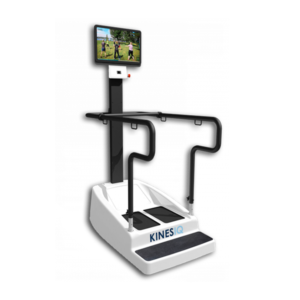 The KINÉ-SIM, KINESIQ‘s flagship product, will exclusively appear on the Telegrafik stand at the Salon AGE3 to be held in Paris, this Thursday, February 6th. Visitors will be able to test it there!
The KINÉ-SIM, KINESIQ‘s flagship product, will exclusively appear on the Telegrafik stand at the Salon AGE3 to be held in Paris, this Thursday, February 6th. Visitors will be able to test it there!
Already approved across the Atlantic: the KINE-SIM has notably been adopted by the leader in senior residences in the United States, and is now available on the French market thanks to Telegrafik.
Present on three continents, KINE-SIM from KINESIQ is the best all-in-one exercise device for rehabilitation and maintenance of functional autonomy. It improves the quality of life and the physical condition of vulnerable people through a playful and therefore motivating approach . With its innovative technology, it is also the only device combining two motorised force plates that can move the user in synchronisation with a multitude of multimedia scenarios, working on balance, motorskills, orthopaedics and cognitive abilities all at the same time.
Do not hesitate to contact our team to discover KINE-SIM !
Article published on 5 May 2019, Author: Julie Philippe
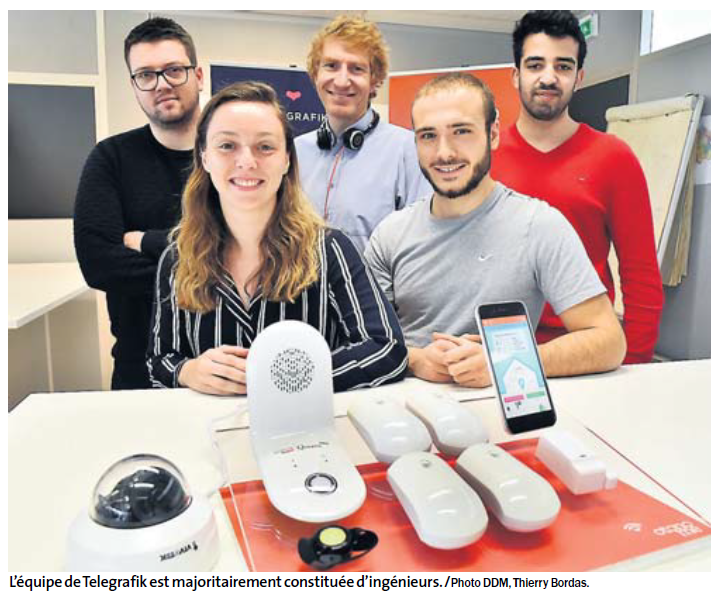 […]
[…]
Based in the Toulouse region for five years and specialising in the creation of intelligent software, Telegrafik helps seniors to stay independent for as long as possible. To this end, it has created two solutions for individuals and professionals alike.
[…]
Read the full article here
Article published on 12 March 2019, Author: Anne-Marie Véziat
Having just returned from the Mobile World Congress in Barcelona, the Toulouse-based start-up Telegrafik has revealed its ambition to scale up this year by becoming a Smart Care player. ”Our technologies have proved their worth and since our inception in 2013, we have implemented sixty projects which have been validated by our partners,” says company president Carole Zisa-Garat.
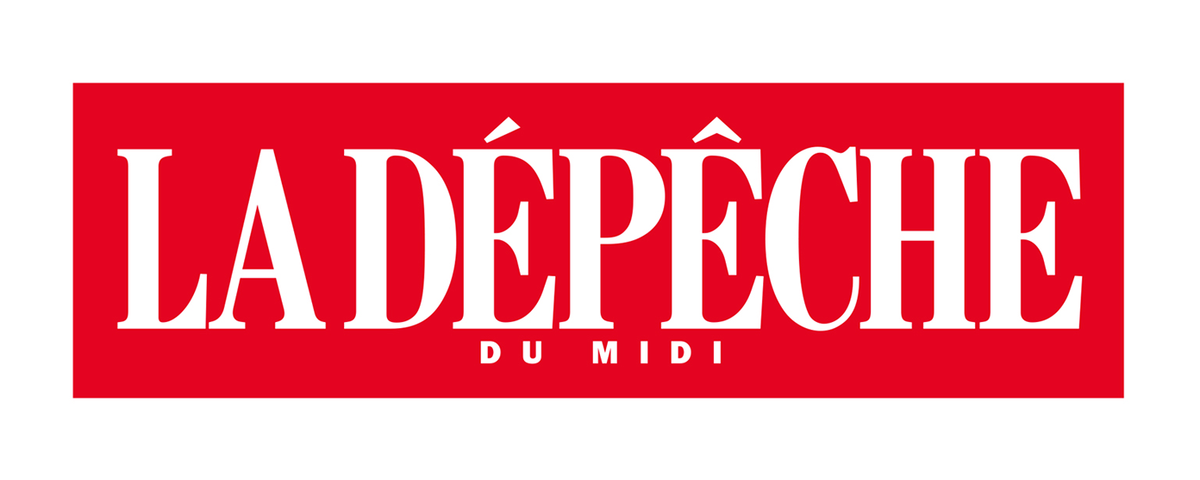
“It’s time for us to scale up, structure our sales team by hiring four new sales representatives in the second half of the year, and seek new partners.” And presumably also to have a second fundraiser. The first took place in early 2017 and enabled the company to launch its initial solution, Otono-me, a warning and vigilance system for vulnerable people.
[…]
Read the full article here
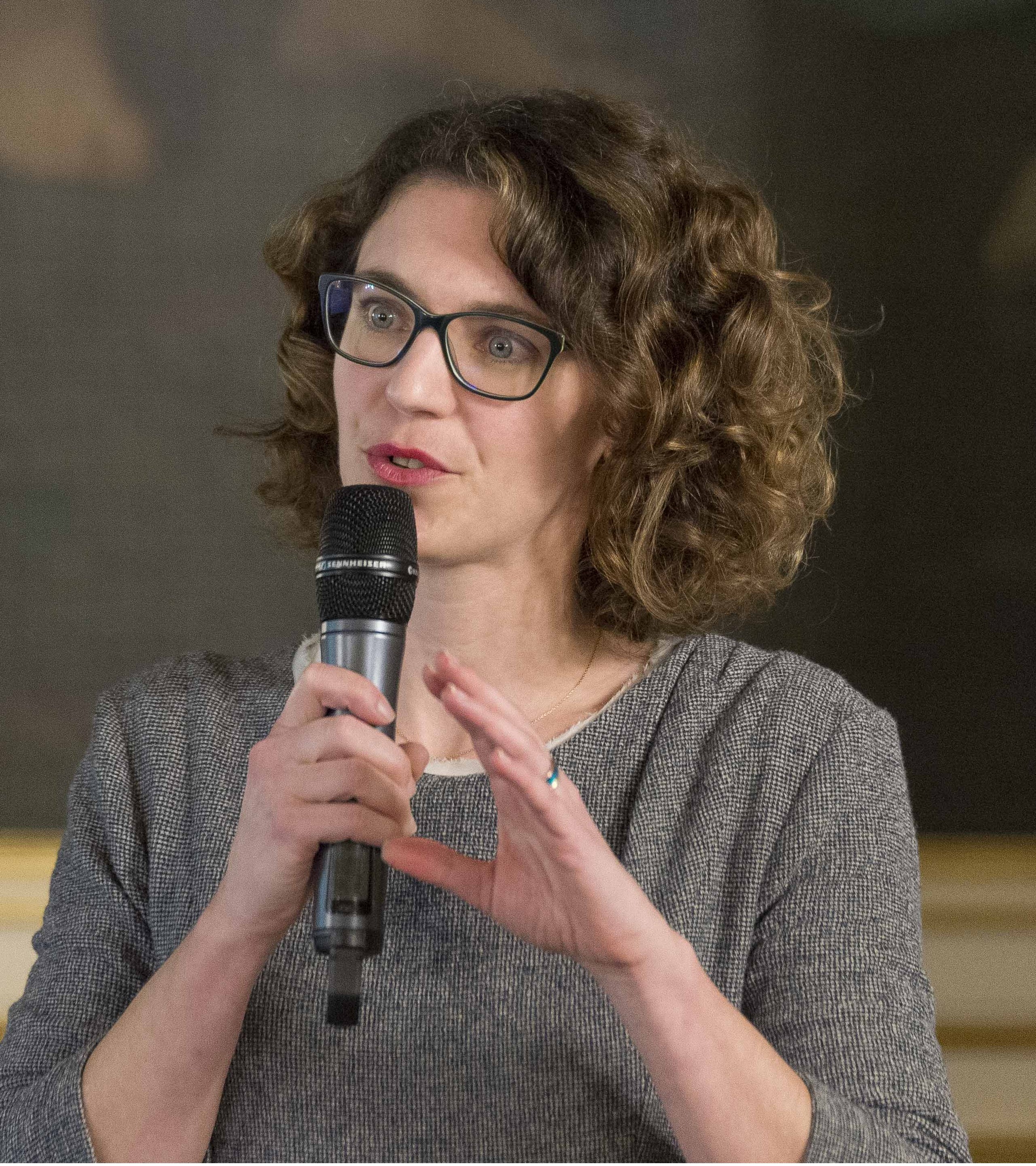
Article published in the February edition 2019 Author: Juliette Viatte
Specialists in services relating to keeping elderly people at home and monitoring patients, the Start-Up Telegrafik launches their first “Nursing Home at home” in a few days. Founder Carole Zisa-Garat gives us more details.
Launched in 2015, the 3Pegase consortium, grouping together 6 industrial entities, has been working on the development of a system to prevent the loss of autonomy and to provide a follow-up service for frail elderly people.
Today, 3years after its launch,3Pegase signals the end of its project, issuing a very positive initial assessment which points to a larger-scale clinical study being conducted.
It was at the initiative of Telegrafik, a company specialising in home-support connected services for frail persons and in patient telemonitoring, that this project was created.
One objective: to provide frail elderly persons with a secure environment and to be able to monitor them more efficiently when they returned home after a period of hospitalisation.
It was in the context of the Easy Novcall for projects with the Midi-Pyrénées Regional Council, that the Gerontology Unit at the Toulouse University Hospital, the Toulouse IT Research Institute, Orange, Telegrafik, Telemedicine Technologies and Serena joined forces within aconsortium to implement the 3Pegase project (Predictive Platformfor Elderly People and Assistance). Its main aim was to propose a monitoring solution for patients at home.
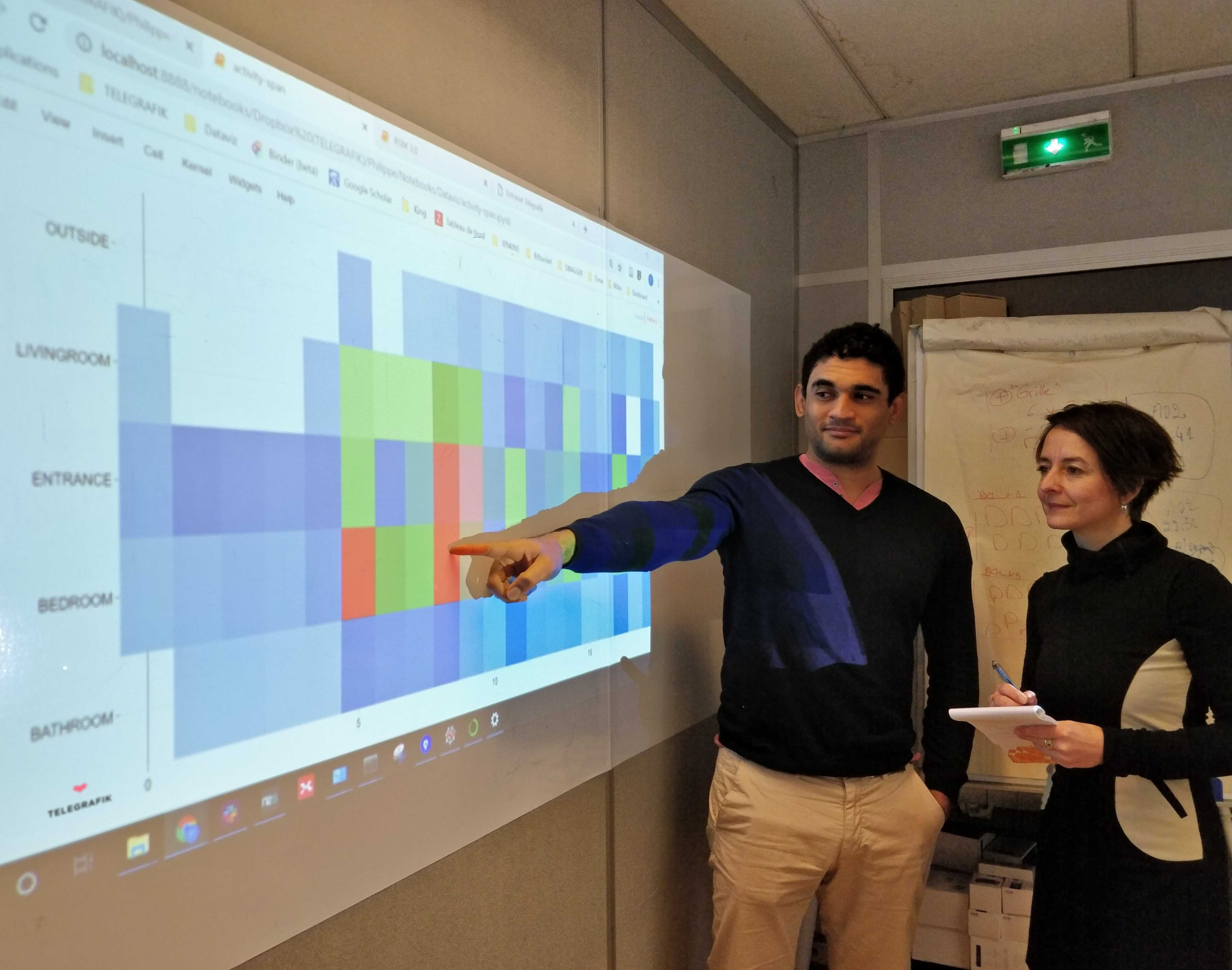
Read the full Press Release here
After a successful first collaboration as part of the 3PEGASE project to monitor vulnerable elderly people living at home and prevent their loss of independence, Telemedicine Technologies and Telegrafik are sealing their partnership.
Telegrafik’s intelligent sensor data analysis platform is now linked to Telemedicine Technologies’ CleanWEB solution and integrates the TECH-Alliance.
Through this partnership, Telegrafik can make its cutting-edge data processing and algorithmic expertise available to Clinical Research via the CleanWEB platform.
[…]
Read the full newsflash here
Article published on 2 December 2018, Author: Jean-Luc Martinez
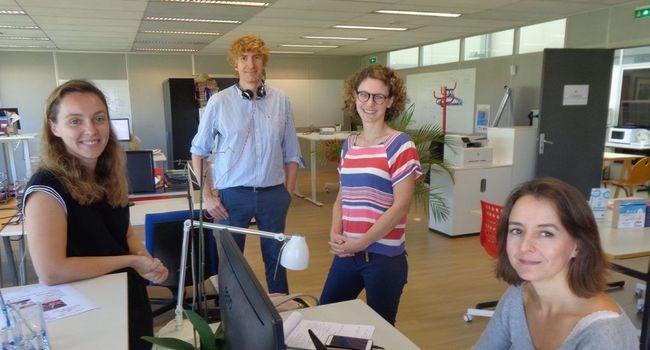 Some members of the successful Telegrafik team around CEO Carole Zisa-Garat./ Photo DDM.
Some members of the successful Telegrafik team around CEO Carole Zisa-Garat./ Photo DDM.
Having already won the BPI France Digital Innovation Contest in 2017, the Colomiers-based start-up Telegrafik has just received the Futurapolis Le Point Contest’s Connected Objects Award. This distinction rewards a recent but convincing solution for independence among the elderly.
“Our goal is to postpone moving into a retirement home for 12 to 18 months,” says Carole Zisa-Garat, CEO of the young company that employs 15 people at its Semidias premises at Perget and in its Parisian office. “Once people are in a routine, we watch over them in the event of a fall or a change in behaviour.”
Thanks to the Otono-me remote assistance service, the start-up uses artificial intelligence to serve human well-being. A caring attentiveness that detects anomalies and alerts the elderly person’s relatives or the emergency services if necessary. Sensors installed in the rooms of the elderly person’s house alert an operator, in a monitoring centre 24/7. Thanks to an intercom, a verbal exchange can even take place without the person being able to reach a telephone.
[…]
Read the full article here
The telecare company Tavie launches Tavie Otono-me, a protection system adapted to lonely and frail people. This innovative remote assistance allows them to live as long as possible in their own homes, in complete security.
Along with the launch of this new product, Tavie, a French national company strongly anchored in the regions of Bordeaux and in the South of the Gironde, are hiring, and announced the signing of 2 new partnerships.
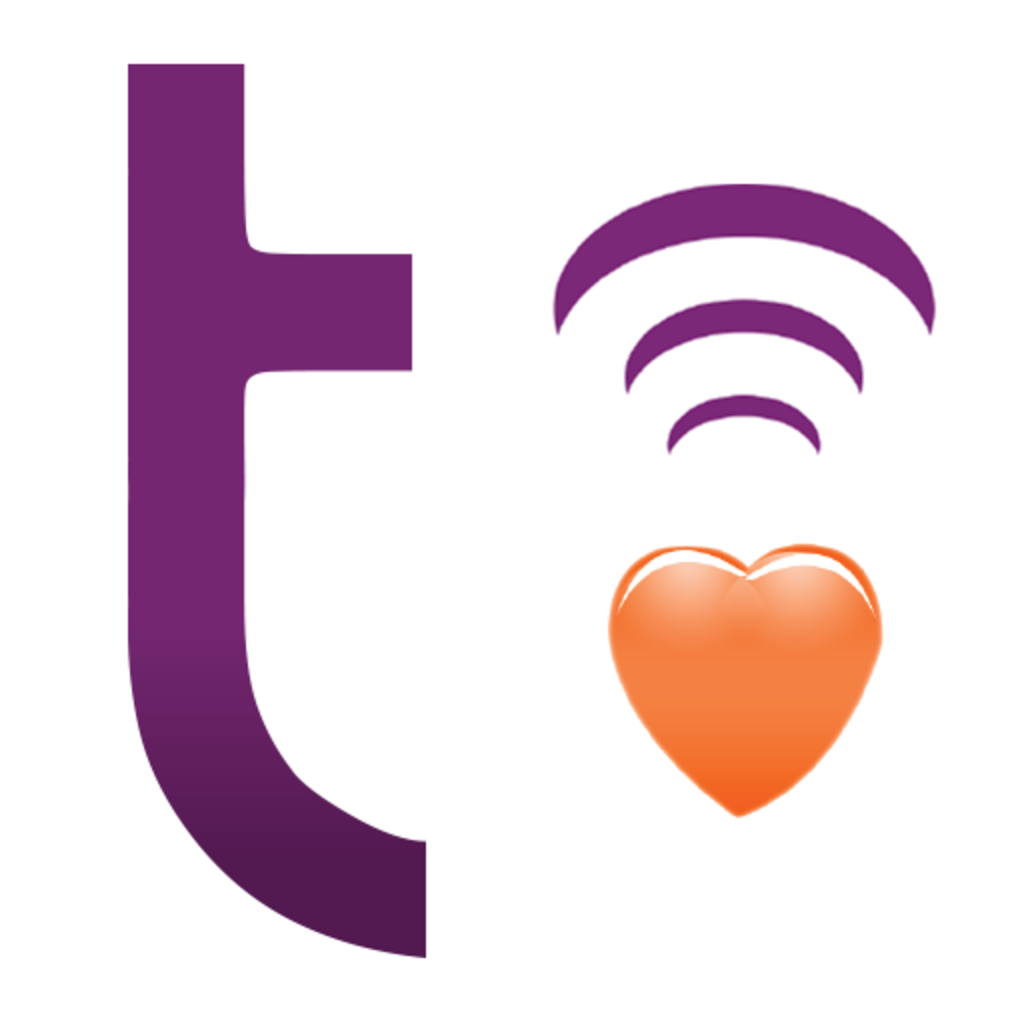 « Tavie Otono-me will contribute to the growth of our business by enabling us to meet the needs of families, who are increasingly on the look out for intelligent solutions capable of automatically detecting problems faced by frail family members»“, explains Julie Castet, president of Tavie.
« Tavie Otono-me will contribute to the growth of our business by enabling us to meet the needs of families, who are increasingly on the look out for intelligent solutions capable of automatically detecting problems faced by frail family members»“, explains Julie Castet, president of Tavie.
The solution is of particular interest for people with memory impairments, or people with Alzheimer’s disease who will not think to use their emergency call medallion.
[…]
Read the whole Press Release here
The Otono-me service protected 100 seniors in the Aisne department in 2017, including this 80-year-old who was rescued last December: “It’s thanks to you that I’m still here, I wanted to say thank you!”
In 2018, a hundred more seniors will be able to safely continue living at home thanks to this innovation. The Onoto-me app also brings their loved ones peace of mind.
This package of services allows living spaces designers and administrators to define how they wish to change their programmes on the one hand and supports them in the implementation of these developments on the other.
Article published on 27 February 2018, Author: Annie de Vivie
A home monitoring trial for isolated family members is looking for 35 volunteers in Loiret.
Named Otono-me, this project was chosen by the Centre-Val de Loire Regional Old-Age Insurance Fund (CARSAT) and the Loiret financers’ conference.
Developed by the company Telegrafik with the Filien ADMR remote care service, for 9 months Otono-me will test 4 movement detectors and 1 door sensor, in collaboration with care professionals.
[…]
Discover the full article in French by clicking here
Article published on 15 February 2018, Author: Caroline Bozec
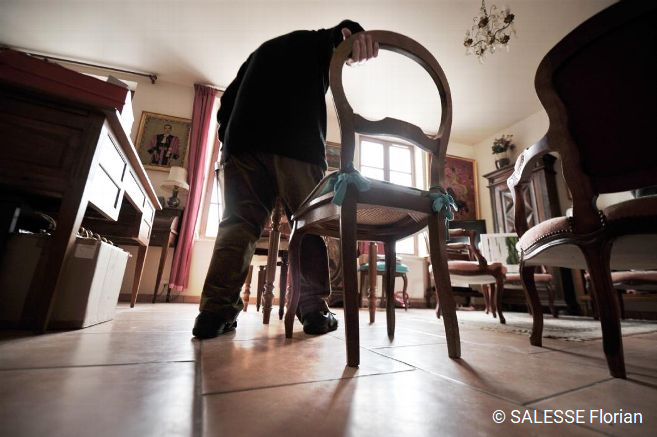 Otono-me, the remote care service for elderly and isolated people, will soon be trialled in Loiret. 35 volunteers are needed.
Otono-me, the remote care service for elderly and isolated people, will soon be trialled in Loiret. 35 volunteers are needed.
It’s free, and it could save a life. In Loiret, volunteers aged 60 and over are needed to try out the Otono-me service (pronounced “autonomy”): a device installed at home which features movement sensors and a mobile application which informs carers about a person’s activity.
[…]
Discover the full article in French by clicking here
Article from 15 February 2018
Otono-me and autonomy
Knowing that their nearest and dearest are keeping an eye on them can be reassuring for elderly people living alone. That’s what Toulouse-based company offers, thanks to its Otono-me device: five motion sensors, dispersed around the house, allow for an individual’s activity to be monitored in real time. The data collected can be accessed by family members from a mobile application. In the event of an anomaly, such as prolonged absence, the system attempts to reach the resident and sends an SMS to their family members to keep them informed of the situation.
www.telegrafik.eu
[…]
To read the full article, click here
Article posted on 27 January 2018, Author: Michèle Gardette
In Puy-de-Dôme, 7,000 people are benefiting from remote care. In the event of a fall or illness, they are offered appropriate assistance. Not to mention a technological innovation: advanced remote care.
[…]
In the event of anomaly, the transmitter analyses the data and generates alerts for the Departmental Fire and Emergency Service for the user to verify. In short, if the user is not able to press their remote care pendant, the device will trigger the alert for them. Implemented by the company Famiclic, the device named Otono-me is currently being tested by fifteen users in Puy-de-Dôme.
To read the full article, click here